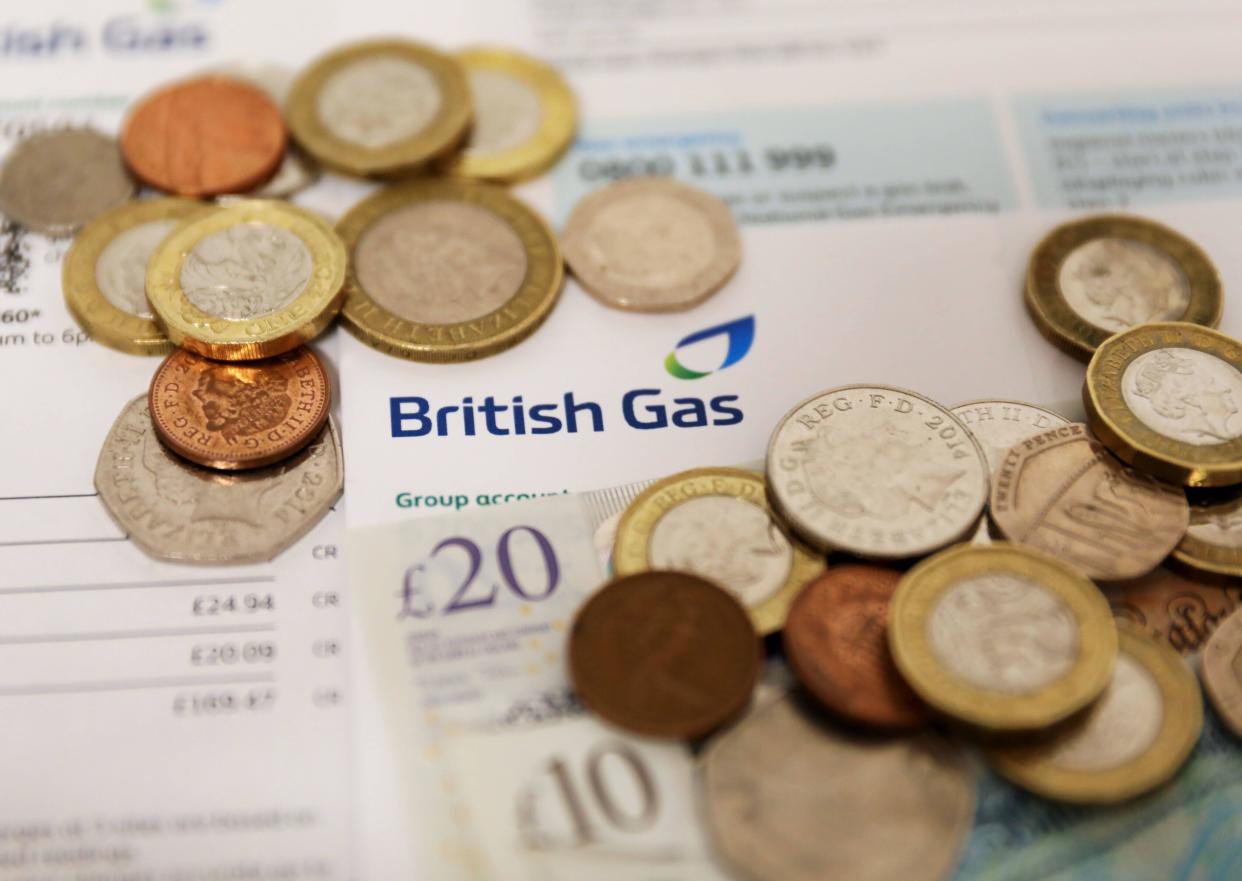Winter energy bills warning as standing charges set to increase

Concerns are mounting over the impact of high energy bills on UK households this winter despite a slight decrease in the unit costs of energy due to savings being offset by increased standing charges.
The average household will pay a standing charge of £53.37 on their electricity bill in October — up from £27.35 the previous year. The charge on a gas bill will rise to £29.62 from £27.35.
Daily standing charges for electricity rose 119% and for gas are up 8%, compared to winter 2020/21.
Customers on standard credit terms pay substantially more for their energy than those on direct debit with gas standing charges 18% higher and electricity standing charges 13% higher, according to analysis of Ofgem data by the End Fuel Poverty Coalition.
Standing charges are paid by customers who are connected to the grid and can be dictated by location, with people in Merseyside and North Wales paying significantly more than those in London, the End Fuel Poverty Coalition found.
Read more: Home insulation take-up low despite £1bn government drive and soaring energy bills
The cost of living crisis is taking a toll on people's ability to cope with high energy bills, aggravated by a lack of financial support from the government compared to the previous winter.
Energy bills are expected to surge from 1 January 2024, and are predicted to remain persistently high throughout the coming year, according to Cornwall Insight.
Simon Francis, coordinator of End Fuel Poverty Coalition, said from 1 October all households across the country will see increases in energy standing charges, contributing more to energy company profits, and many will find themselves in deeper debt to their suppliers.
“The MPs’ recent report on tackling the energy bills crisis sets out sensible recommendations to help vulnerable households and ministers need to implement these ideas immediately,” he said.
What is the energy price cap?
The energy price cap, regulated by Ofgem in Great Britain, sets the maximum annual cost for a typical household using both gas and electricity and paying through direct debit.
From 1 October the cap will fall to £1,923 per year from the current cap of £2,074, reflecting recent reductions in wholesale energy prices.
It applies to residents in England, Scotland, and Wales, while in Northern Ireland, the Utility Regulator handles a similar pricing mechanism.
The energy price cap restricts the highest rates energy suppliers can charge for each unit of gas and electricity used, encompassing the standing charge (a daily fixed fee) and the price per unit (measured in pence per kilowatt-hour).
For example Ofgem uses an average household consumption of 12,000kWh for gas and 2,900kWh for electricity to set the cap.
Read more: Energy bills: What to expect this winter
This price cap was introduced in 2019 to address concerns about overcharging, and it is reviewed every three months.
Warm This Winter, a campaign of a coalition of over 40 UK charities are calling for the government to act now to help people struggling with energy bills this winter, and ensure they have access to affordable energy in the future.
"This winter, soaring energy bills mean that more than a third of the UK population — many millions of people — will struggle to afford to heat their home," said the campaign.
Over 6 million people live in fuel poverty in the UK according to one of the partner charities The Fair Energy Campaign.
Watch:Labour 'concerned' about energy costs amid cap reduction
Download the Yahoo Finance app, available for Apple and Android.

